
Home
Publications
Publications
Showing 0 to 0 of 0 results
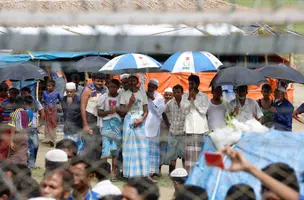
Statements
2020-11-12T09:39:50
Joint Letter to Bangladesh: Facilitate a Visit for Human Rights Groups to Bhasan Char
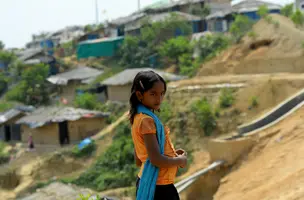
Open Letters
2020-03-20T08:12:26
Joint Letter: Restrictions on Communication, Fencing, and COVID-19 in Cox’s Bazar District Rohingya Refugee Camps
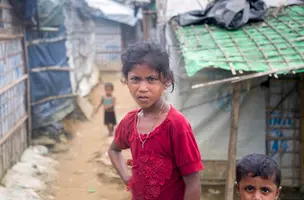
Opinion Articles
2020-03-09T08:12:55
ASEAN must do more to help the Rohingya
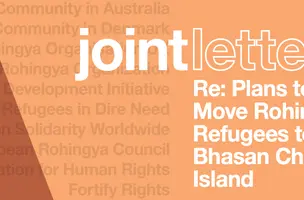
Open Letters
2019-11-12T08:10:12
Bangladesh: Protect Rohingya Refugees, Make U.N. Assessment Available
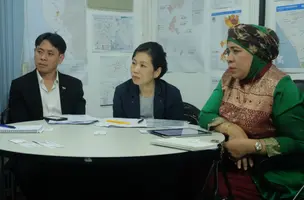
Statements
2018-03-12T07:34:57
APHR issues summary report of findings from mission to Bangladesh covering the Rohingya crisis
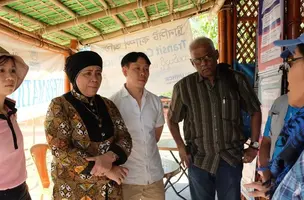
Statements
2018-01-28T07:34:57
ASEAN MPs emphasize need for urgent regional action on Rohingya crisis as they conclude fact-finding mission
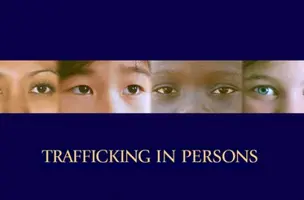
Statements
2015-05-12T07:26:44
APHR Chairperson pens joint letter to President Obama expressing concern over TIP report ratings
TOP
ASEAN Parliamentarians for Human Rights (APHR) was founded in June 2013 with the objective of promoting democracy and human rights across Southeast Asia. Our founding members include many of the region's most progressive Members of Parliament (MPs), with a proven track record of human rights advocacy work.
Copyright © 2024-2025 All Rights Reserved - ASEAN Parliamentarians for Human Rights (APHR)
Website by Bordermedia